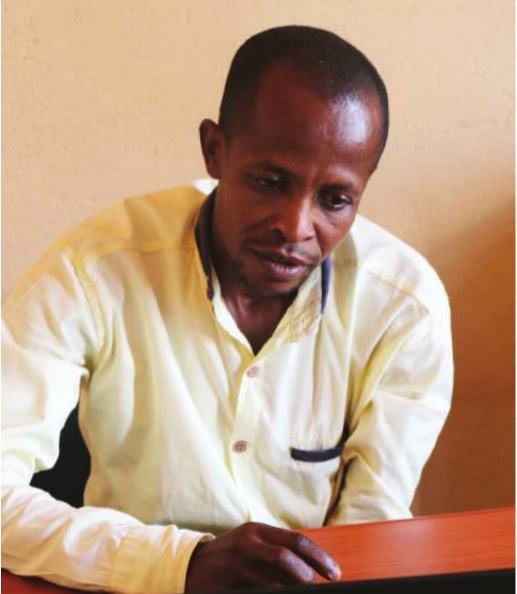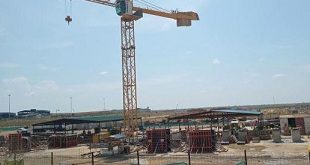“We passed through Morobo in Yei on our way to Oraba, a small town in Koboko. I had SSP 3000 (South Sudanese Pounds) which John gave me and I gave the cyclist SSP 1200.” He slept at a mosque in Koboko before getting a lift to Yumbe where he arrived at 8pm.
“In Yumbe, I was lucky, I found a very nice family which slaughtered for me a chicken and took me in. The moment I told them I was coming from South Sudan, they instantly welcomed me because they knew people in South Sudan whom they had not heard from”.
Tinka says life in South Sudan is tough.
Communication is a big problem. The radios mainly transmit in Arabic, so many Ugandans were unable to receive information that UPDF was rescuing people from Chilicat, a trading centre in Juba populated by Ugandans. It is only those nearby that got the news and were rescued back to Uganda.
Currently, Tinka is back in Masindi and pondering his next move. “I have seen the worst but I cannot completely say I cannot return to South Sudan,” he says.
****
The opportunities and the risks: Dan Barekye was chased by a soldier firing bullets

Dan Barekye moved to South Sudan in 2014 to work as a teacher. He knew the new nation was politically unstable and that Ugandans were sometimes mistreated by some South Sudanese. But, he says, he was in dire need of work. So he moved to South Sudan just months after it was recovering from the deadly civil war that had broken out in December 2013.
He joined the staff at Loyola Secondary School, a Jesuit run school inWau, a city in north western South Sudan about 642km from the capital Juba.
Three years later, on June 26, 2016, Barekye found himself and a colleague hiding in the teachers’ quarters as gunfire rockedWau. Bullets had been flying in their neighbourhood for weeks, but this day was different. Soon the fighters came to their house. Barekye says he could see they were heavily armed with guns and machetes.
“We were hiding in the bedroom and they called us out,” he recalls. He says he thought they would be killed. Still, they came out of hiding. The armed men asked them to identify themselves.
“We had already said our prayers and we had already accepted our fate. They put us at gunpoint for 10-15 minutes and they were interrogating us, asking all kinds of questions, what we were still doing there when everyone else had fled.”
“What could have saved us was that we were Ugandans and that we were also teachers. We thought they forgave us because we were rendering a service to their country. But they took two phones and a laptop. The rest of the items were left untouched. Looting had been going on everywhere else. People had deserted their residencies and soldiers were looting property; furniture, cups, clothes, phones, food, etc.”
Loyola is one of the better facilitated schools in the region. With about 700 students, it is what one would consider the dream of every young student in Wau. Roofed with iron sheets and with brick walls, Barekye says it quite stands out from the other Wau schools, some private and others run by government where grass-thatched huts would pass for an ordinary classroom setting.
Barekye and his colleague were the only permanent teachers employed by Loyola, something that accorded them the privilege of a teachers’ residence.
At Loyola, he teaches Commerce and History to S1 and S2 students.
After the incident, they sought refuge at the Jesuit community, which is a gated compound just next door. According to Barekye, the soldiers possibly thought only Jesuits Fathers lived in the compound and did not intrude on it.
Without his phone, Barekye was unable to communicate with family and friends back home in Uganda. They thought he was dead.
“I had been making calls when the gunfire could be heard in Wau and all of a sudden, they stopped hearing fromme,” he says.
Barekye and his fellow teacher spent one day at the Jesuits quarters and the following day, got a vehicle and moved to a Catholic church in Wau, about 2km away with six Brothers and two Fathers. It is here that he saw the effects of war.
 The Independent Uganda: You get the Truth we Pay the Price
The Independent Uganda: You get the Truth we Pay the Price



